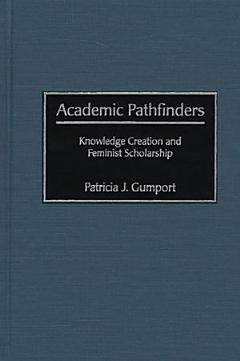Analyzing the accounts of academic women during this era yields a conceptual framework for understanding how new knowledge is created on multiple levels—through personal reflection on life experiences, disciplinary legacies, local organizational contexts, and wider societal expectations.

